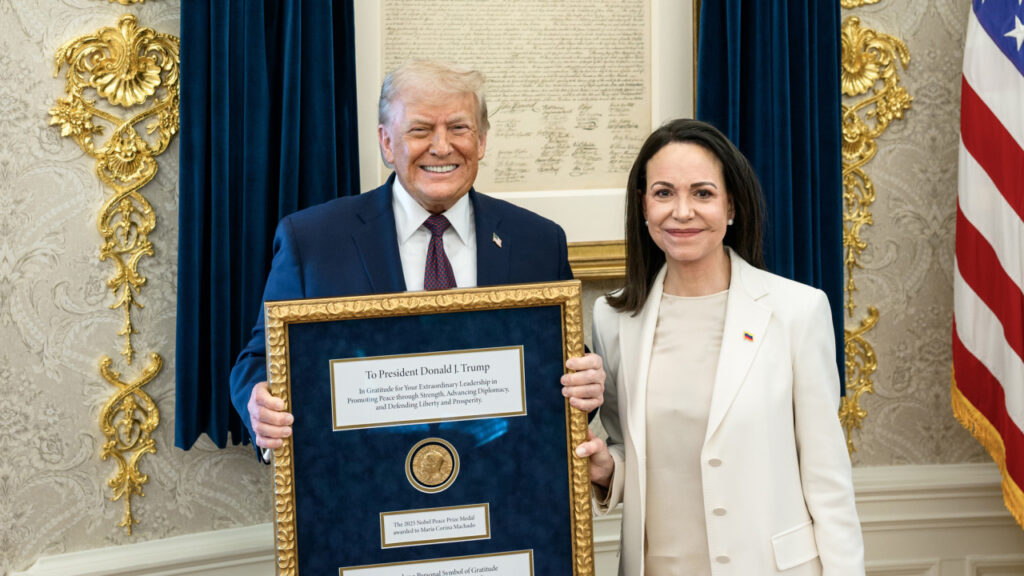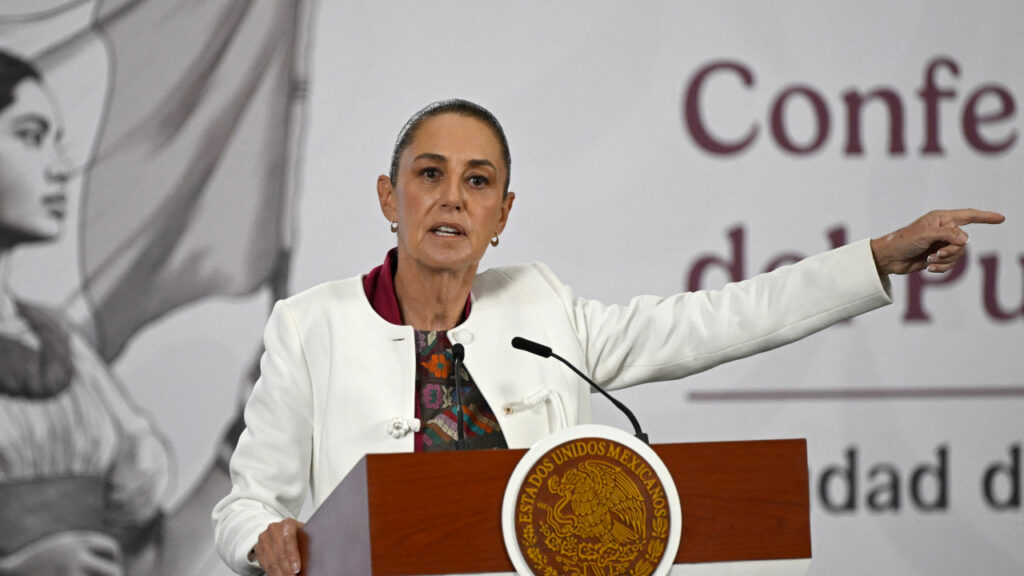
Trump Targets Immigrants with Sweeping Day-One Executive Actions
On his first day back in the White House, President Donald Trump wasted no time launching a barrage of executive orders on immigration. From the Oval Office to public addresses, Trump’s actions signaled a return to the hardline policies of his previous term. These moves, aimed at reshaping U.S. immigration policy, have already sparked outrage and legal challenges from advocacy groups.
Ending Birthright Citizenship: A Legal and Constitutional Battle
One of Trump’s most controversial executive orders on immigration targets birthright citizenship. According to The Washington Post, the order stipulates that children born in the U.S. to parents who are undocumented or on temporary visas will no longer automatically qualify for citizenship. Trump’s order claims that the 14th Amendment has been misinterpreted, an assertion that has drawn sharp criticism from constitutional experts.
The American Civil Liberties Union (ACLU) swiftly filed a lawsuit against the order. “Denying citizenship to U.S.-born children is not only unconstitutional—it’s also a reckless and ruthless repudiation of American values,” the organization said in a statement. Constitutional law experts, like Hiroshi Motomura from UCLA, argue that Trump’s interpretation would require an amendment to the Constitution, a process far beyond the reach of executive authority.
Declaring a National Emergency at the Border
Trump’s executive orders also include a declaration of a national emergency at the U.S.-Mexico border, a move that enables the deployment of military personnel to assist with border enforcement. According to The New York Times, this declaration permits the military to support immigration enforcement—a directive that legal experts warn could clash with the Posse Comitatus Act, which restricts military involvement in domestic law enforcement.
During his inauguration speech, Trump reiterated his campaign promise: “All illegal entry will immediately be halted, and we will begin the process of returning millions and millions of criminal aliens back to the places from which they came.” However, critics argue that the current state of the border does not justify such measures. As The Washington Post reported, migrant crossings had significantly declined under the Biden administration.
Shutting Down CBP One and Legal Pathways
In another sweeping change, Trump’s administration ended CBP One, a mobile app that had allowed migrants to book appointments for legal entry into the U.S. According to NBC News, more than 936,000 people have used the app since its launch, with 30,000 appointments already scheduled in the coming weeks. The sudden shutdown has left thousands in limbo, many of whom had been waiting months for their chance to seek asylum.
“I am in shock,” Maura Hernandez, a migrant mother in Tijuana, told The New York Times. “I don’t know what is going to happen to us.”
Advocacy groups, including the ACLU, have filed lawsuits to challenge the app’s termination. The move effectively closes a key legal pathway for asylum seekers, leaving many with no alternative but to risk dangerous crossings.
Targeting Refugees and Sanctuary Cities
Trump’s executive orders also suspended refugee resettlement, halting the admission of refugees into the U.S. until further notice. Additionally, the administration took aim at sanctuary cities, threatening to withhold federal funds from municipalities that refuse to cooperate with Immigration and Customs Enforcement (ICE). According to The Guardian, these measures could lead to further strain on local governments already grappling with immigration enforcement challenges.
Jennie Murray, president of the National Immigration Forum, criticized the orders as “disappointing but not surprising.” She added that the actions would “separate families and weaken our economy.”
Legal and Humanitarian Implications
The sweeping nature of Trump’s executive orders on immigration underscores his administration’s aggressive stance. However, they also raise significant legal and humanitarian concerns. From the constitutional challenge of ending birthright citizenship to the ethical implications of shutting down legal pathways for asylum, these policies are set to spark intense debate and legal battles in the coming months.
As advocacy groups and legal experts prepare to fight these measures, the undocumented and immigrant communities in the U.S. face a future filled with uncertainty. Trump’s actions may have just begun, but their impact will undoubtedly reverberate far beyond his first day in office.
This article was originally published on www.wearemitu.com




